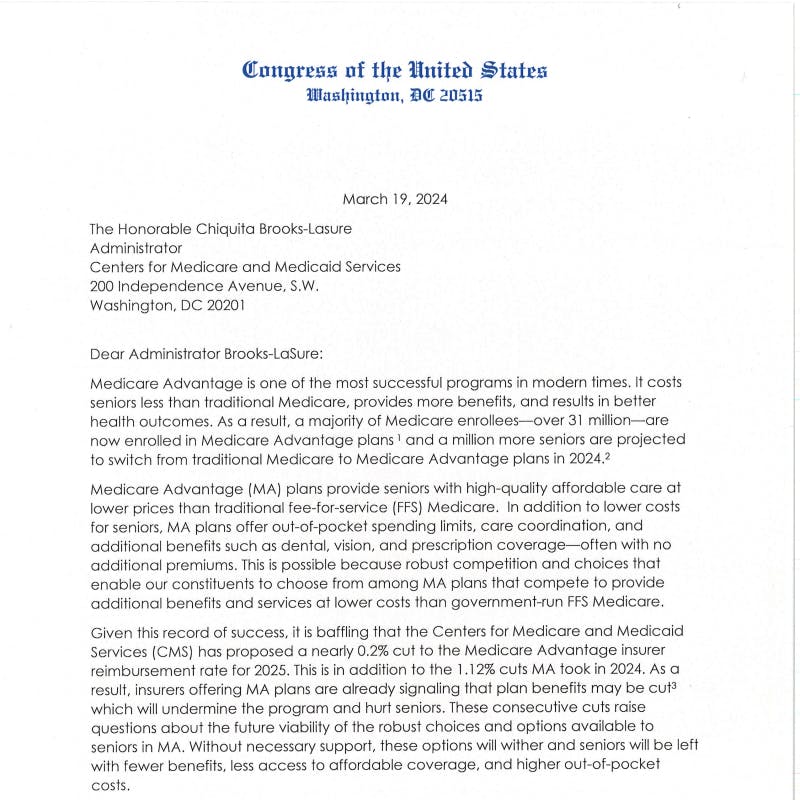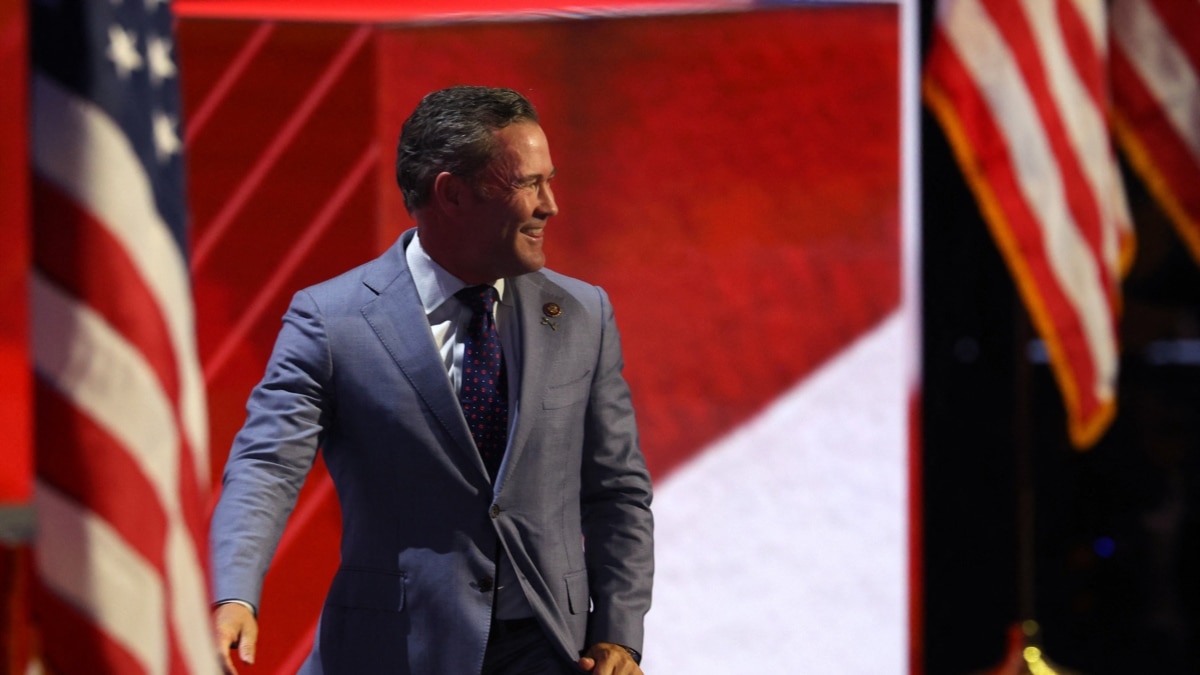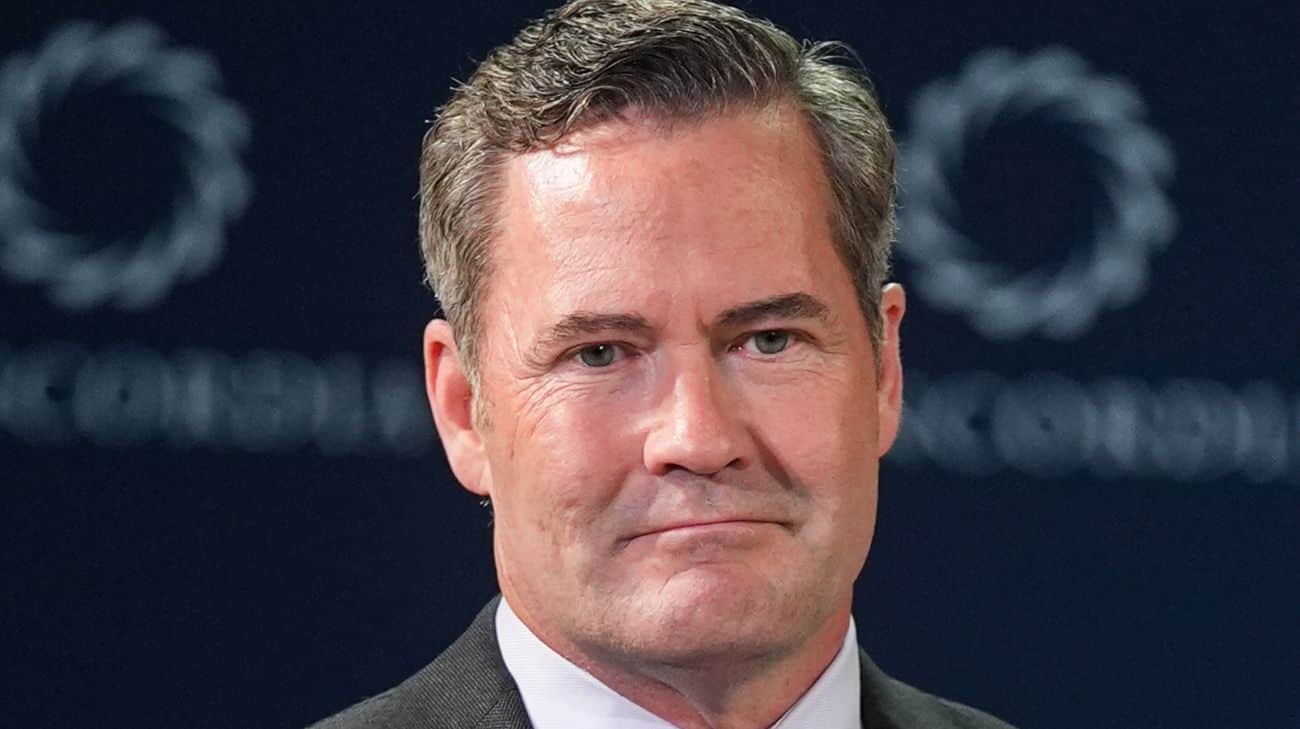Medicaid Cuts: A Republican Internal Struggle

Table of Contents
The Fiscal Hawks vs. The Compassionate Conservatives
The Republican party is not monolithic on the issue of Medicaid. A significant division exists between fiscal conservatives who prioritize budget reduction and socially conservative Republicans concerned about the impact of cuts on vulnerable populations, particularly children, the elderly, and the disabled. This internal struggle manifests in differing policy proposals and significantly influences the party's approach to healthcare reform.
-
Examples of prominent Republican figures: Senators Rand Paul and Rick Scott represent the more fiscally conservative wing, advocating for significant Medicaid cuts and block grants. Conversely, figures like Senator Mitt Romney have expressed concerns about the potential harm to vulnerable populations and have pushed for more moderate reforms.
-
Specific policy proposals: The debate often centers around the implementation of block grants versus per capita caps. Block grants provide states with a fixed amount of federal funding, offering greater flexibility but potentially leading to reduced coverage. Per capita caps limit federal spending per beneficiary, potentially forcing states to make difficult choices regarding eligibility and benefit levels.
-
Potential political consequences: The approach to Medicaid cuts carries significant political risk. Aggressive cuts could alienate moderate voters and harm the party's image, while inaction could be criticized as fiscally irresponsible. The balance between these competing pressures is a defining feature of the current debate.
The Challenges of Medicaid Reform
Reforming Medicaid without harming beneficiaries presents significant challenges. Simply reducing funding without considering the consequences could lead to devastating results. Navigating this complex issue requires careful consideration of multiple factors.
-
Potential negative impacts of cuts: Reductions in Medicaid funding can lead to decreased access to healthcare services, longer wait times for appointments, reduced coverage for essential treatments, and an increase in uncompensated care costs shifted to hospitals and other providers. This can disproportionately affect low-income individuals and communities, potentially exacerbating existing health disparities and worsening health outcomes.
-
Alternative reform strategies: Instead of drastic cuts, alternative strategies, such as incentivizing preventative care, promoting managed care models to improve efficiency, and investing in telehealth technologies, could achieve fiscal savings while mitigating negative consequences. These approaches aim to improve the overall health of the population while controlling costs.
-
Effectiveness of past Medicaid reform efforts: Analysis of past Medicaid reform initiatives, including expansions and contractions under previous administrations, reveals both successes and failures. Understanding the lessons learned from these past experiences is crucial for shaping future policy decisions.
The Role of State Governments
State governments play a critical role in implementing Medicaid policies, as they administer the program within their own jurisdictions. Republican-led states are grappling with the challenges of balancing budgetary pressures with the needs of their Medicaid populations.
-
Examples of state approaches: Some states have opted for work requirements for Medicaid recipients, while others have implemented managed care organizations to control costs. These diverse approaches reflect the varying political landscapes and priorities across different states.
-
Varying political landscapes: The level of political support for Medicaid expansion and reform varies significantly across states. This creates a patchwork of approaches, making it challenging to develop a consistent national strategy.
-
Successful and unsuccessful strategies: States that have successfully implemented reforms often combine cost-saving measures with strategies that improve health outcomes. Conversely, states that have focused solely on cutting costs have often seen negative consequences for their populations.
Public Opinion and Political Fallout
Public opinion on Medicaid cuts is a critical factor influencing Republican political strategy. The potential for public backlash significantly impacts the party's approach to the issue.
-
Polling data: Numerous polls show significant public support for Medicaid and opposition to substantial cuts. This public sentiment can influence elections and affect the political viability of proposed reforms.
-
Impact on Republican image and electability: The debate on Medicaid cuts significantly impacts the Republican party's image and its ability to win elections, particularly in swing states where support for Medicaid is strong.
-
Potential for public backlash: The potential for significant public backlash against drastic Medicaid cuts necessitates a cautious and well-considered approach from the Republican party. Negative publicity surrounding cuts could have significant political ramifications.
Conclusion
The debate surrounding Medicaid cuts highlights a significant internal struggle within the Republican party, forcing a difficult balancing act between fiscal responsibility and compassion for vulnerable populations. Finding a sustainable solution requires a careful consideration of alternative reform strategies, attention to the diverse needs of individual states, and an understanding of the potential political consequences. Understanding the nuances of the debate around Medicaid cuts is crucial for shaping a responsible and compassionate healthcare policy. Stay informed and participate in the conversation to ensure the voices of all stakeholders are heard. Learn more about the ongoing discussions by visiting [link to relevant resource 1] and [link to relevant resource 2].

Featured Posts
-
 Ego Nwodim Weekend Update Analyzing The Audiences Profanity
May 18, 2025
Ego Nwodim Weekend Update Analyzing The Audiences Profanity
May 18, 2025 -
 Damiano David Annuncio Del Debut Solista
May 18, 2025
Damiano David Annuncio Del Debut Solista
May 18, 2025 -
 Your Guide To Watching Easy A On Bbc Three Hd
May 18, 2025
Your Guide To Watching Easy A On Bbc Three Hd
May 18, 2025 -
 Bowen Yang Advocates For Stronger Language On Snl
May 18, 2025
Bowen Yang Advocates For Stronger Language On Snl
May 18, 2025 -
 Kanye Wests Super Bowl Ban Taylor Swift Feud Explained
May 18, 2025
Kanye Wests Super Bowl Ban Taylor Swift Feud Explained
May 18, 2025
Latest Posts
-
 Stephen Millers Troubling Past A Former Colleagues Account
May 18, 2025
Stephen Millers Troubling Past A Former Colleagues Account
May 18, 2025 -
 Why A Former Colleague Calls Stephen Miller A Horrible Human Being
May 18, 2025
Why A Former Colleague Calls Stephen Miller A Horrible Human Being
May 18, 2025 -
 Axios Kto Zaymet Post Sovetnika Trampa Po Natsionalnoy Bezopasnosti Prognozy I Analiz
May 18, 2025
Axios Kto Zaymet Post Sovetnika Trampa Po Natsionalnoy Bezopasnosti Prognozy I Analiz
May 18, 2025 -
 Is Stephen Miller The Next National Security Advisor Analyzing His Qualifications
May 18, 2025
Is Stephen Miller The Next National Security Advisor Analyzing His Qualifications
May 18, 2025 -
 Vozmozhniy Sovetnik Trampa Po Natsionalnoy Bezopasnosti Chto Govorit Axios O Stivena Millere
May 18, 2025
Vozmozhniy Sovetnik Trampa Po Natsionalnoy Bezopasnosti Chto Govorit Axios O Stivena Millere
May 18, 2025
